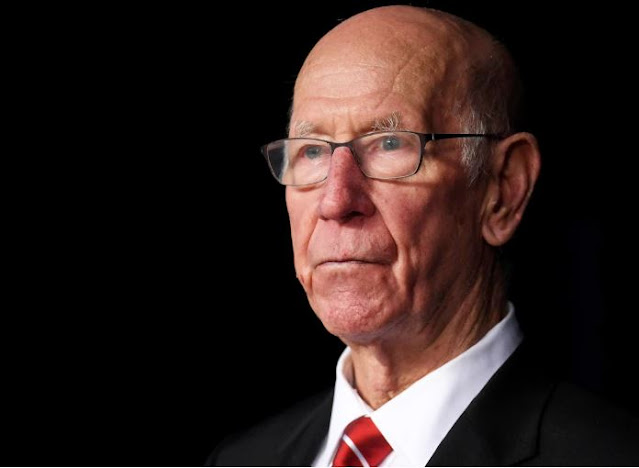Breakthrough Dengue Pill Shows Promise in Human Challenge Trial
Breakthrough Dengue Pill Shows Promise in Human Challenge Trial
An assistant holds a test tube with an Aedes aegypti mosquito at the CNEA (National Atomic Energy Commission), in Ezeiza
October 20 (Reuters) - Johnson & Johnson (J&J) has unveiled a promising dengue fever pill, presenting data from a small human challenge trial in the United States that indicates its potential to protect against a form of the virus.
Dengue, a rapidly growing global health threat, currently lacks specific treatments. J&J shared its findings at the American Society of Tropical Medicine and Hygiene Annual Meeting in Chicago.
Marnix Van Loock, in charge of emerging pathogens research at J&J's Janssen division, described this breakthrough as "the first ever to show antiviral activity against dengue."
Human challenge trials involve deliberately exposing healthy volunteers to a pathogen to assess a vaccine or treatment's effectiveness and to gain a better understanding of the disease's characteristics.
Dengue fever, also known as "break bone fever" due to the excruciating joint pain and spasms some patients endure, has long been a major problem in Asia and Latin America. It causes millions of infections and tens of thousands of deaths annually, and is poised to expand into new regions as climate change creates more suitable habitats for the mosquitoes responsible for its transmission, warned the World Health Organization's chief scientist, Jeremy Farrar, earlier this month.
In collaboration with the Johns Hopkins Bloomberg School of Public Health, the trial administered a high dose of the J&J pill to 10 volunteers five days before exposing them to a specific dengue strain. These participants continued to take the pill for 21 days post-exposure.
The results were significant, with six out of the 10 participants showing no detectable dengue virus in their bloodstream after the pathogen exposure, and no indications that their immune system had reacted to the virus over an 85-day monitoring period.
In contrast, all six individuals in a placebo group, who were also exposed to dengue, tested positive for the virus. The trial participants received standard medical care when necessary, and the virus used was a weakened strain to minimize symptoms.
These positive early findings support the continuation of Phase II trials for the pill's use in preventing the four different dengue virus types in real-world settings where the disease is prevalent. The next phase of testing will focus on the pill's potential as a treatment.
The pill's mechanism of action involves inhibiting two viral proteins, preventing the virus from replicating. It was well-tolerated by all participants in the trial.
One of the key challenges moving forward will be ensuring access to the new drug in low- and middle-income countries where it is most needed, much like the ongoing challenge with the dengue vaccine endorsed by the WHO earlier this month.
Marnix Van Loock stated, "We're working on it," but acknowledged it is still in the early stages of development.
[Note: The correction in paragraph 9 is incorporated in this revised version.]
Please note that the content of this article is based on information available as of the knowledge cutoff date in September 2021, and there may have been developments or updates regarding this topic since that time.






